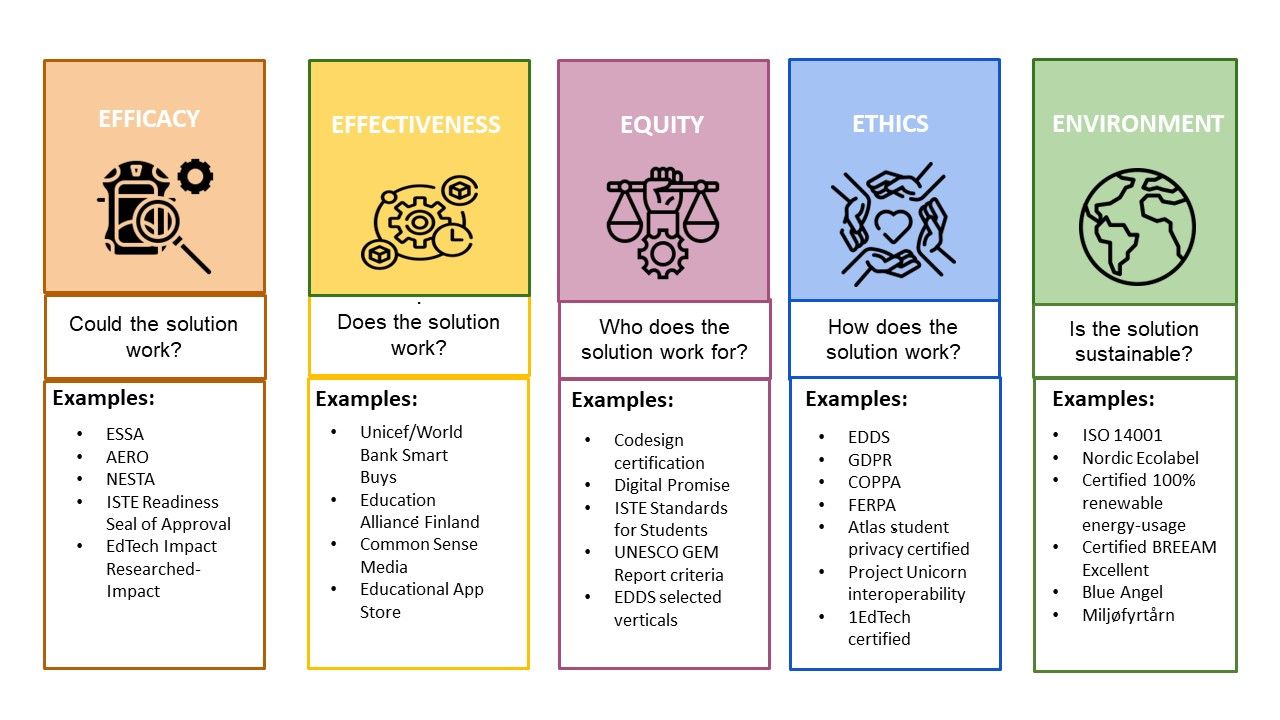Building trust in EdTech together
)
Launching at BETT, the ICEIE is collaboratively developing a reliable and expansive alignment of certification and validation frameworks to help EdTech providers and purchasers navigate sound EdTech evaluation practices. The first three awardees of the global certification covering the areas of efficacy and effectiveness are announced.
Trust is pivotal in the education ecosystem. To increase this trust and facilitate a better understanding of the products entering teaching and learning environments, there are a number of great testing and evaluation frameworks. These are working to combat the claims of there being not enough evidence in EdTech. However, the variety and scope of this framework landscape can be difficult for both EdTech organisations and policy makers to navigate.
To help make sense of the possibilities and provide increased recognition and understanding for all ecosystem stakeholders, it is important to understand the scope of the respective frameworks and how they can benefit both the EdTech organisations and education environments.
The ICEIE aims to collaboratively solve this for educators with a reliable and expansive alignment of testing and validation frameworks. This will increase the findability of the relevant validation solution for the EdTech organisations. Additionally, this alignment will ensure educators, solution procurers and policy-makers are able to better understand how these frameworks fit within existing policy structures and enhance their existing validation strategies.
This will be accomplished by recognizing and encouraging adherence to the ICEIE Five Categories of Impact:

The ICEIE Five Categories of Impact®
Efficacy: could the solution work?
Tailored benchmarks for the given solution would be required for preliminary evaluation to prepare the solution provider for seeking feedback from practitioners able to safely field test their designs without compromising learning or student data.
Effectiveness: does the solution work?
With data-derived confidence in the potential efficacy of the solution, effectiveness determined more by experts comprehensively reviewing the product’s entire performance further validates the value proposition of the solution. Defined benchmarks give solution providers an empirical opportunity to test their assumptions against the behaviours and priorities of a diverse user population.
Equity: who does the solution work for?
Beyond affordability, equity applies to the manner in which the UI/UX is designed (and how it is proven to be diversely representative), regarding any included content and how the solution synthesises outputs that account for the breadth of diversity and learner variability.
Ethics: how does the solution work?
Whether a given solution or new iteration of a solution uses algorithmic processing to perform or not, ethical transparency about edtech user data has never been more crucial and desired by the end users.
Environment: is the solution sustainable?
In the software as a service era, (SaaS), the manner in which a solution’s code base efficiently runs on collocated servers portends to the solution provider’s long term commitment to reducing energy consumption at scale.
The first three awardees for the effectiveness and efficacy categories are Kahoot!, Age of Learning and GraphoGame. These providers have proven externally-verified impact on learning outcomes through recognised evaluation frameworks.
Over the course of 2024, ICEIE will be growing its international alliance members and engaging in conversations with policymakers to align specific quality markers for each vertical, and ensure international comparability. Join us in increasing trust and evidence-based decision making in EdTech.
Tags
- alignment
- awardees
- certification
- collaboratively
- edtech
- effectiveness
- efficacy
- evaluation
- expansive
- first
- frameworks
- help
- iceie
- learning
- navigate
- providers
- Reliable
- solution
- three
- trust
- validation


)
)
)
)
)
)
)
)
)
)
)
)
)
)
)
)
)
)
)
)
)
)
)
)
)
)
)
)
)
)
)
)
)
)
)
)
)
)
)
)
)
)
)
)
)
)
)
)
)
)
)
)
)
)
)
)
)
)
)
)
)
)
)
)
)
)
)
)
)